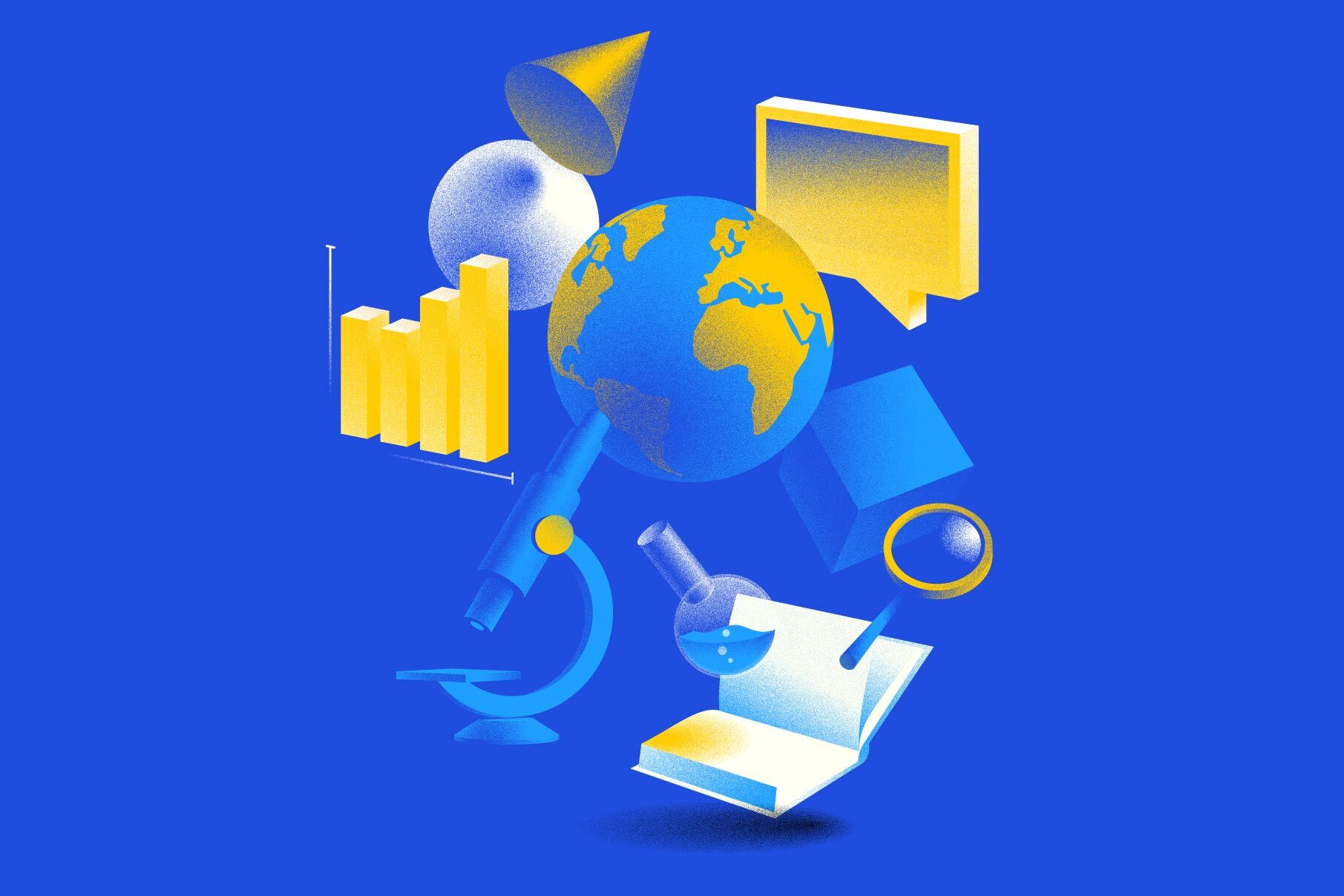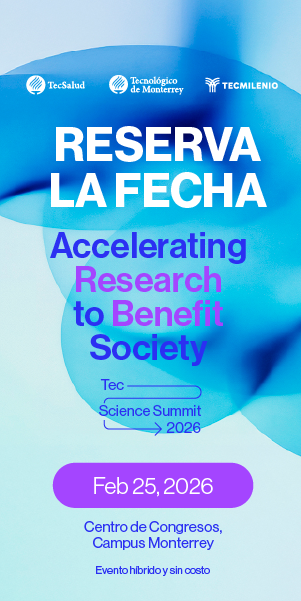Open science proposes a model in which scientists and engineers can use open licenses to share data, software, and hardware in order to improve cooperation between the international scientific community and make knowledge creation more equitable, inclusive, and transparent between, and even within, countries.
This transformation of the science research and communication process aims to benefit both people and the planet by making open (digital) data available by incorporating technical and legal features for totally free use, reuse, and redistribution by individuals anytime and anywhere in the world.
The origin of this movement stems from the International Open Data Charter (2015), which includes a set of principles agreed upon by more than 150 governments, civil organizations, and experts in the field to promote anti-corruption policies and practices and improve transparency in support of areas such as climate action and pay equity.
What is Open Science?
Open data, the DNA of so-called Open Science, not only promotes the production of scientific knowledge around the world but also allows governments, the private sector, and citizens to make better decisions — based on effective and timely access to data— to solve social, economic, and political problems.
Open Science is a powerful tool for reducing inequalities between countries, as well as promoting the human right to enjoy and benefit from scientific progress, as stipulated by Article 27 of the Universal Declaration of Human Rights.
This advance presents a critique of the way governments and other institutions have protected valuable data paid for by taxpayers.
Currently, 70% of scientific publications are only available through paid services. However, this situation began to change with publications about COVID-19. In 2021, UNESCO issued a recommendation for countries to abide by common standards for Open Science, which was adopted by 193 countries.
The United Nations also promotes the World Pulse project, which is an innovative initiative working to accelerate the discovery, development, and adoption of big data analysis for the public good.















